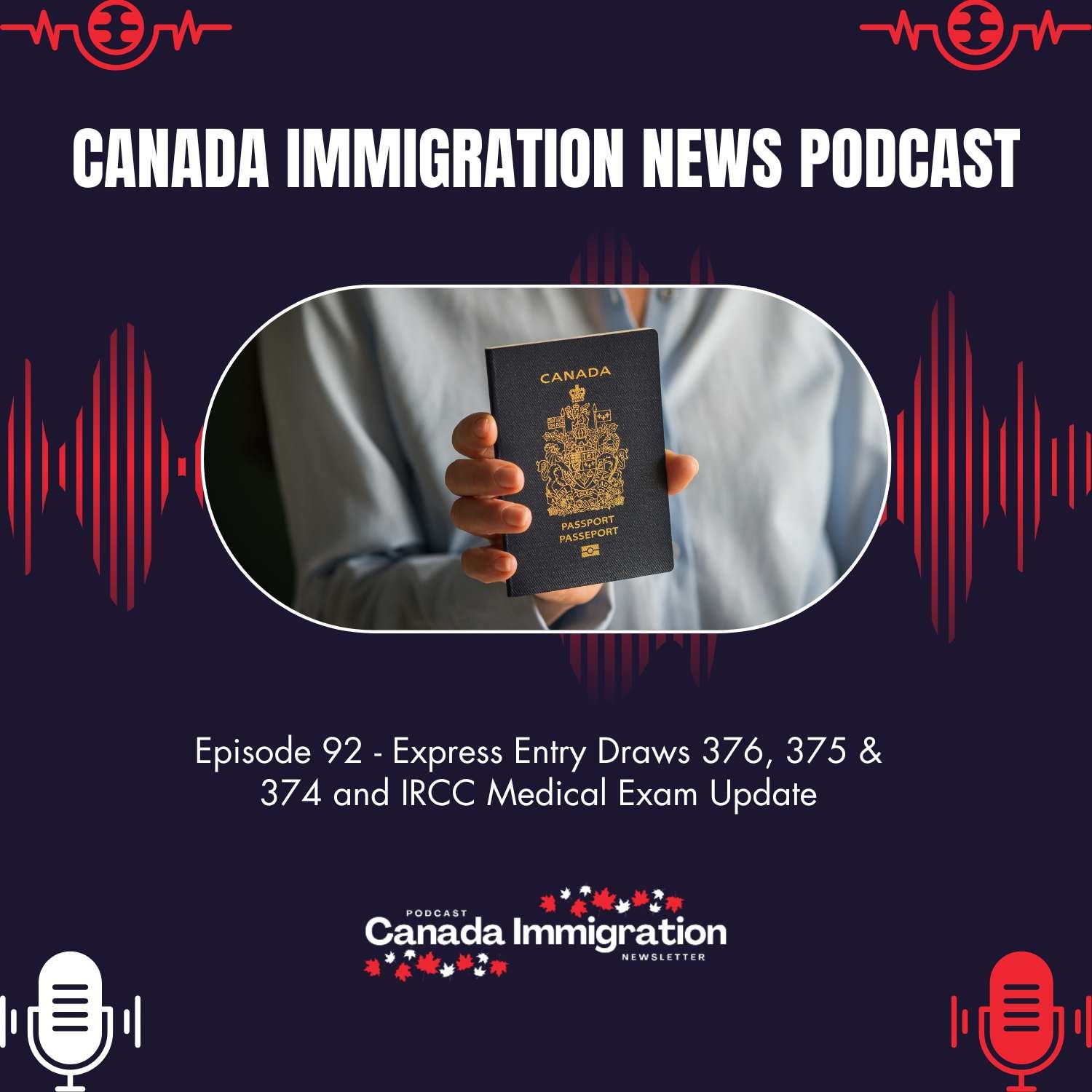Immigration Announcement
Canada Debates Equal Citizenship Rights for Adopted Children

Canada continues to shape policies that put families first. A national discussion has emerged once again about citizenship rights for adopted children, especially those adopted from overseas. As the Senate studies Bill C 3, many parents, legal experts and advocacy groups are urging lawmakers to bring foreign born adoptees fully in line with children born in Canada.
Their message is simple. Families who adopt internationally want their children to enjoy the same protections as any child who enters the world in Canada. This has become an important moment for families who feel that the current system creates an avoidable and unfair divide.
Why the Debate Matters for Canadian Families
Parents who adopt children from abroad have already chosen to build their life in Canada. In most cases, they meet the residency requirements that are expected from newcomers. Yet when they select the direct citizenship pathway for their child, that child is treated as if they were the first generation born abroad.
This rule was originally created to offer a faster route to Canadian status compared with sponsorship. While helpful at the time, it now raises concerns about long-term rights and identity. Families point out that the rule creates a difference between children who join families through adoption and those who are born in Canada.
The discussion is not only about convenience. It is also about fairness and consistency within Canada’s citizenship system.
Legal Experts Call for Equal Citizenship Rights
Two lawyers with deep experience in Canadian citizenship law recently submitted a briefing paper to the Senate committee reviewing Bill C 3. In the paper, they argued that foreign-born adoptees should be exempt from the substantial connection test.
They believe the policy places an unnecessary burden on families who have already chosen Canada as their home. One of the co-authors described the current rule as deeply unfair to families whose children join them through adoption. The paper also raises questions about Canada’s international obligations and the Charter.
Another immigration lawyer suggested that unless the rule is updated, it could lead to future legal challenges. Both authors expressed concern that the opportunity to solve the issue is right in front of lawmakers, with Bill C 3 already under review.
Voices From the Community Add Moral Weight
Advocates for Lost Canadians have also stepped into the discussion. Their message focuses on giving every child an equal start in Canada. One advocate expressed his hope that no child should ever be left behind due to a technical rule that can be corrected. However, he also shared a practical concern. If the Senate amends the bill, it could slow its passage once it returns to the House of Commons. Families anxious for clarity do not want further delays.
This tension highlights the challenge. Families want fairness as quickly as possible, but policymakers must find a balance that keeps the bill moving forward.
Why This Matters for Canada’s Future
Canada remains a country that welcomes families, protects children and values inclusion. Adopting a child from abroad is an act of deep trust in Canada’s future. Many believe that the country should respond by ensuring that all adopted children have full and equal access to the rights they deserve.
This is why the debate around citizenship rights for adopted children has gained renewed national attention. It reflects Canada’s broader goal of building policies that support every family and reinforce social unity. As Parliament continues reviewing Bill C 3, families and legal experts hope that reforms will fully support citizenship rights for adopted children and reflect Canada’s values of fairness, equality and compassion. Canada has always taken pride in building strong communities. Ensuring equality for adoptees would be another step toward protecting every child’s future in the country they now call home























